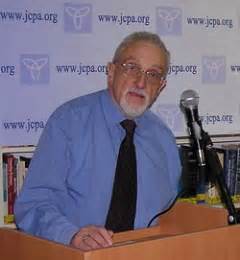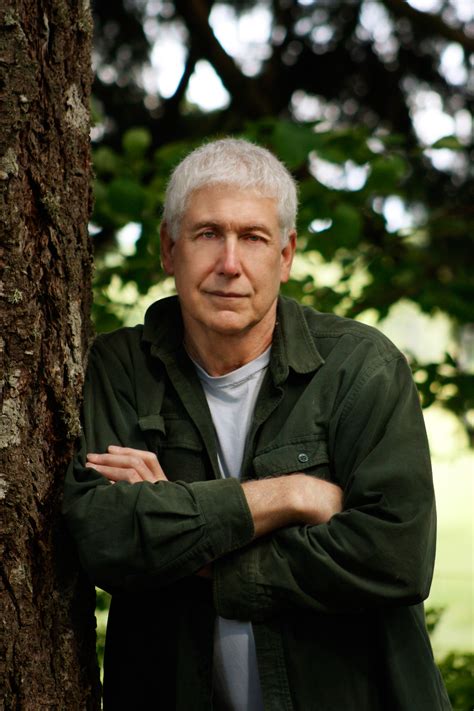A Quote by Bertrand Russell
One who believes, as I do, that the free intellect is the chief engine of human progress, cannot but be fundamentally opposed to Bolshevism, as much as to the Church of Rome.
Related Quotes
We have to separate here the church in its broad sense. We have Catholics, Protestants, Eastern Orthodox churches. The Catholic church is a corporation like a chief executive. A fairly homogenous operation. Today its attitude toward anti-Semitism is much more severe than it's ever been. The Catholic Church today is much less the problem than the other groups.
From Rome, now the nuncio is on the border where [Ukrainians] are fighting, helping soldiers and the wounded. The Church of Rome has sent so much help there. It's always peace, agreements. We must respect the Minsk accords and so on. This is the entirety. But, don't get scared by that phrase. And this is a lesson that a piece of news must be interpreted with the hermeneutic of everything and not just a part.
In the agreement to rescue Rome [i.e., the Roman Catholic Church's hierarchy] from the predicament of losing its world control to Protestantism, and to preserve the spiritual and temporal supremacy which the popes [had] 'usurped' during the Middle Ages, Rome now 'sold' the [Roman Catholic] Church to the Society of Jesus [i.e., the Jesuits]; in essence the popes surrendered themselves into their hands.

































